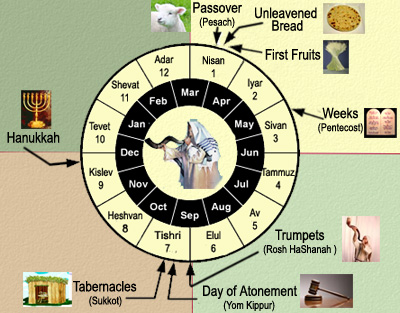This study relates to the sermon: God’s Love Seen Through Judgement
- Zephaniah starts his prophecy telling us his family background (1:1); he is a fourth-generation descendant of King Hezekiah (King of Judah from 715-686BC). Does this pedigree matter to you? Why or why not?
- His opening words of prophecy tells of a terrible judgment to come: “I will sweep away everything from the face of the earth” (1:2). It closes on the “day of the Lord” when God “will make a sudden end of all who live in the earth” (1:18). This just might be the harshest, most universal judgment announcement in the Bible. How does this make you feel? How does this make you feel about God?
- God is clearly a little upset with Judah. What has Judah done wrong? (see 1:4-6)
- Why is this book relevant to Christians today? On Sunday we talked through a lot of application for us today – what did that include?




